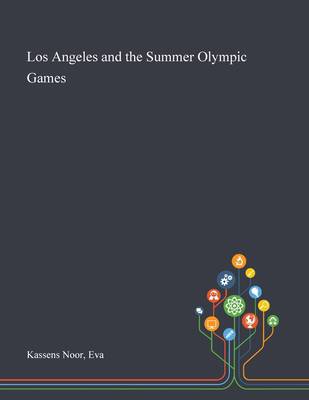
- Afhalen na 1 uur in een winkel met voorraad
- Gratis thuislevering in België vanaf € 30
- Ruim aanbod met 7 miljoen producten
- Afhalen na 1 uur in een winkel met voorraad
- Gratis thuislevering in België vanaf € 30
- Ruim aanbod met 7 miljoen producten
Zoeken
€ 51,45
+ 102 punten
Uitvoering
Omschrijving
This open access book describes the three planning approaches and legacy impacts for the Olympic Games in one locale: the city of Los Angeles, USA. The author critically compares the similarities and differences of the LA Olympics by reviewing the 1932 and 1984 Olympics and by analyzing the concurrent planning process for the 2028 Olympics. The author unravels the conditions that make (or do not make) LA28's argument "we have staged the Games before, we can do it again" compelling. Setting the bid's promises into the contemporary local and global mega-event contexts, the author analyzes why LA won the bids, how those wins allowed LA to negotiate concessions with the IOC and NOC, and how legacies were planned, executed, and ultimately evolved. The author concludes with a prediction which 2028 legacy promises might and might not be fulfilled given the local and international Olympic contexts. This work was published by Saint Philip Street Press pursuant to a Creative Commons license permitting commercial use. All rights not granted by the work's license are retained by the author or authors.
Specificaties
Betrokkenen
- Auteur(s):
- Uitgeverij:
Inhoud
- Aantal bladzijden:
- 72
- Taal:
- Engels
Eigenschappen
- Productcode (EAN):
- 9781013272806
- Verschijningsdatum:
- 8/10/2020
- Uitvoering:
- Paperback
- Formaat:
- Trade paperback (VS)
- Afmetingen:
- 216 mm x 279 mm
- Gewicht:
- 190 g

Alleen bij Standaard Boekhandel
+ 102 punten op je klantenkaart van Standaard Boekhandel
Beoordelingen
We publiceren alleen reviews die voldoen aan de voorwaarden voor reviews. Bekijk onze voorwaarden voor reviews.











